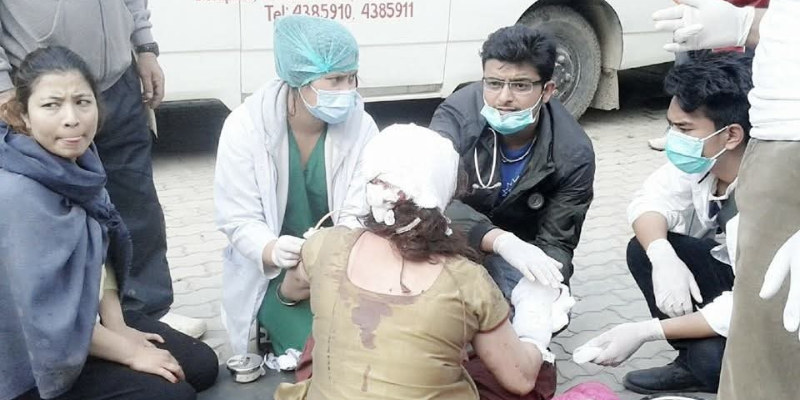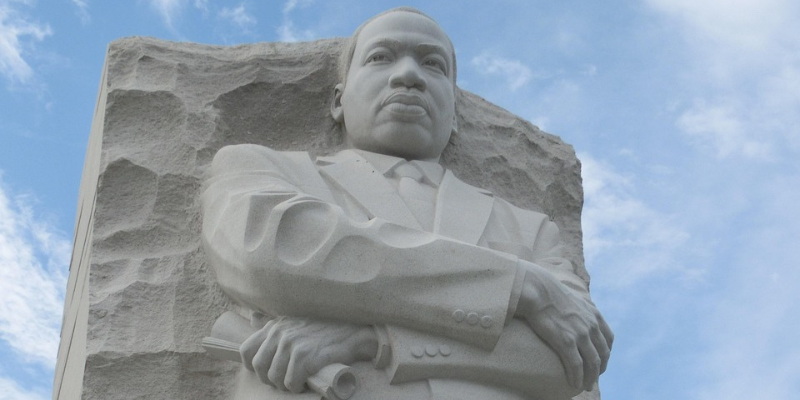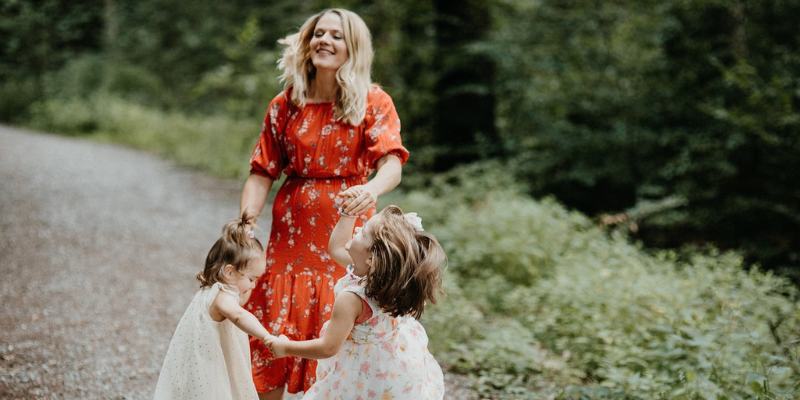Dimple Dhabalia spent decades traveling the world helping others. In the direst situations, she listened intently to the stories of refugees and made decisions about whether they were approved for asylum in the United States. Her avocation is her passion; it also nearly killed her.
Dhabalia realizes after years of putting others before herself both physically and emotionally, something had to change. This book is about her journey and realization about how her childhood, work life and personal life are influenced by the lens she sees the world. She also shares how she and others can work through the idea that as humanitarians, we must sacrifice ourselves for the cause.
When I was reading the beta version of Dimple’s book, the parallels between refugee/asylee work and healthcare stood out significantly. Although I have worked in healthcare and palliative care for over 20 years and have never set foot into a refugee camp, I can relate to the emotions, moral injury, and compassion fatigue she describes from working with the seriously ill. Similarly in health care and in other humanitarian fields, if we do not set boundaries, be aware of our biases and vulnerabilities, and give our bodies and souls time to heal, we will take years off our lives. Palliative care work is a subset of humanitarian work; we are opening our hearts and our minds to the trauma and suffering of others.
Tell Me My Story follows Dhabalia’s process of recognizing generational trauma and how this affects not only her choice of work but her personal relationships. She identifies the trauma responses (fight, flight, freeze, fix and fake) and how they can play out in our careers as humanitarians. Once aware of the response to challenging situations, Dimple reflects on how she and others can rewrite the narrative and heal to continue to care for others.
For those of us in the helping and humanitarian professions, this book is must-read. Dhabalia’s personal stories are compelling, and she shares her lessons to help us find balance in a sometimes tumultuous and draining environment. Below is a link to her book on her website and a link to her podcast series about the book:



